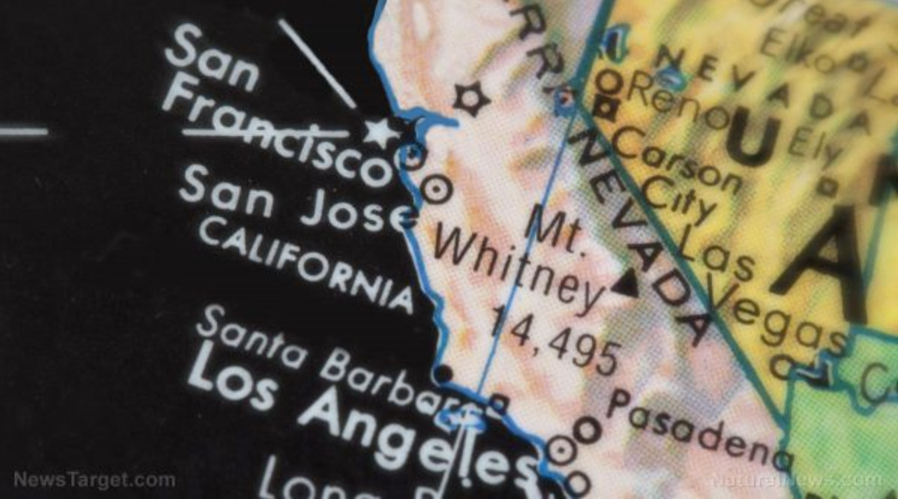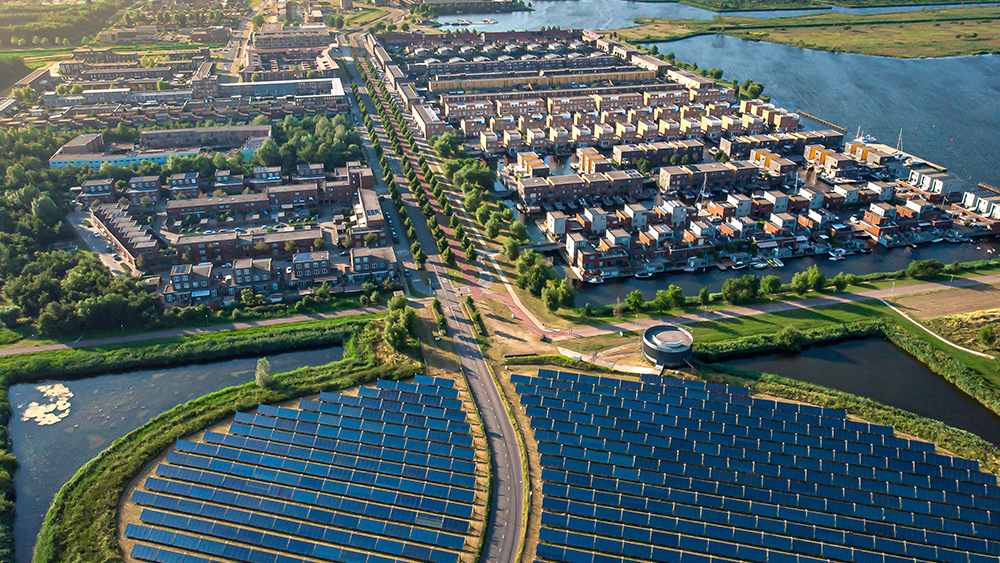
- A failure at two solar plants in southern Spain triggered the largest blackout in Spanish and Portuguese history, leaving 50 million people without power, disrupting transportation and crippling emergency services.
- The collapse revealed vulnerabilities in overreliance on intermittent solar energy, with the grid’s rapid recovery only possible due to fossil fuel and hydro backups — highlighting the risks of sidelining reliable energy sources.
- The outage caused an estimated $2.5 to $5 billion in losses, hitting tourism and infrastructure hard. Spanish Prime Minister Sánchez faced criticism for prioritizing aggressive net-zero policies over grid stability.
- Analysts and conservatives condemned Europe’s dependence on weather-dependent renewables, arguing it undermines energy security while rivals like China and Russia expand coal and nuclear capacity.
- Experts urge hybrid energy systems combining renewables with reliable backups (gas, hydro) and warn against geopolitical risks tied to China’s solar manufacturing dominance. The crisis underscores the need for balanced, innovation-driven policies.
Solar plant failures spark a continent-wide grid crisis
The blackout, initially suspected to be a cyberattack, was traced to two solar facilities in Extremadura, Spain. According to Spain’s grid operator Red Eléctrica, a sudden loss of solar generation caused instability in the grid’s balance, triggering a domino effect. Portugal and parts of southern France were also cut off when the interconnection across the Pyrenees mountains failed. “The instability caused a split between Spain’s grid and France’s, leading to a failure on the Iberian peninsula,” explained Red Eléctrica’s Chief_operations Officer Eduardo Prieto. Meteorologists dismissed claims of rare atmospheric phenomena as speculative, despite grid operators’ initial explanations. Spain’s weather service, AEMET, stated no extreme temperature fluctuations were recorded to justify the interruption. The true culprit appears to be the fragility of overreliance on intermittent solar power during peak demand—a vulnerability critics argue comes directly from Spain’s rapid pivot to renewables.Natural gas steps in to save the grid
The swift recovery of the grid was only possible due to fossil fuels. As analyst John Kemp detailed on X: “Natural gas and hydro plants provided the black-start capacity to reboot the grid.” Unlike solar and wind systems, which require external power sources to restart, gas generators can operate independently, supplying the foundational power needed to restore synchronized electricity flow. This technical reality has drawn sharp criticism from conservatives toward net-zero advocates. Nigel Farage of the Reform UK Party called the incident “proof that green energy lunacy endangers national security.” The failure to maintain sufficient fossil fuel capacity, he argues, has left Europe at the mercy of weather-dependent systems, while China and Russia continue expanding coal and nuclear power.Economic fallout and political firestorms
The outage’s financial toll was staggering. RBC Capital Markets estimates losses between $2.5 billion and $5 billion for businesses across the Iberian Peninsula. Spain’s tourism sector — fresh off pandemic recovery efforts — took a severe hit as airports, trains and hotels were shuttered. Meanwhile, the crisis deepened public skepticism of political elites. Spanish Prime Minister Pedro Sánchez faced backlash for overselling the nation’s green transition. His government had recently declared ambitious net-zero targets, even boasting earlier in April that Spain achieved “net-zero minutes” weeks ahead of schedule. Critics now see that effort as reckless. “Politicians are playing politics with energy security,” said Javier of Talking Points Memo. “This isn’t about climate — the grid can’t run on unicorn farts.”Lessons for a power-hungry world
The blackout has prompted urgent calls to reevaluate energy diversification. Utilities across Europe are now re-examining the reliability of solar and wind assets, particularly during high-usage periods. Experts stress the need for hybrid systems that blend renewables with gas and hydro backups. “You can’t build a grid on hope and solar panels,” said energy consultant Clara Martinez. “Spain’s lessons could prevent a continental crisis.” The incident has also reignited debates about China’s dominance in solar manufacturing. Analysts note that 80% of solar panels in the EU are made in China — a dependency that raises geopolitical risks. For conservatives, this further illuminates the folly of green policies that shift energy control to authoritarian regimes while disarming Western energy grids.The road ahead
Spain’s blackout lays bare the thorny intersection of climate concerns and stability. While the world watches, governments must weigh their net-zero pledges against the stark reality: reliable energy cannot be sacrificed at the altar of ideology. As skeptics and industry leaders demand policymakers prioritize innovation over ideology, Europe confronts a sobering question—are the solutions to climate change creating greater crises than the problem itself? The path forward demands balanced pragmatism. Without fossil fuels as a safety net, the world’s green dreams risk plunging into darkness. As engineers restart grids this week, so too must leaders restart critical thinking about energy policy—before the next blackout arrives. Sources for this article include: ZeroHedge.com YourNews.com FoxNews.comU.S.-India energy pact undermines climate orthodoxy while solidifying counter-Chinese alliance
By Willow Tohi // Share
Senate overturns Biden’s appliance efficiency mandate, capping GOP’s regulatory rollback
By Willow Tohi // Share
Israeli government faces fury over wildfire failures amid Gaza war distractions
By Cassie B. // Share
Yemen warns U.K. of deepening conflict after joint U.S. strikes in Red Sea escalation
By Willow Tohi // Share
Overdue Cascadia megaquake may drown Pacific Northwest coast in minutes, experts warn
By Cassie B. // Share
Europe’s brush with darkness: Blackout sparks renewed debate over renewable reliability
By Willow Tohi // Share
Factory farm ANTIBIOTIC ABUSE fuels deadly SUPERBUG SURGE
By ljdevon // Share
Israeli government faces fury over wildfire failures amid Gaza war distractions
By isabelle // Share







